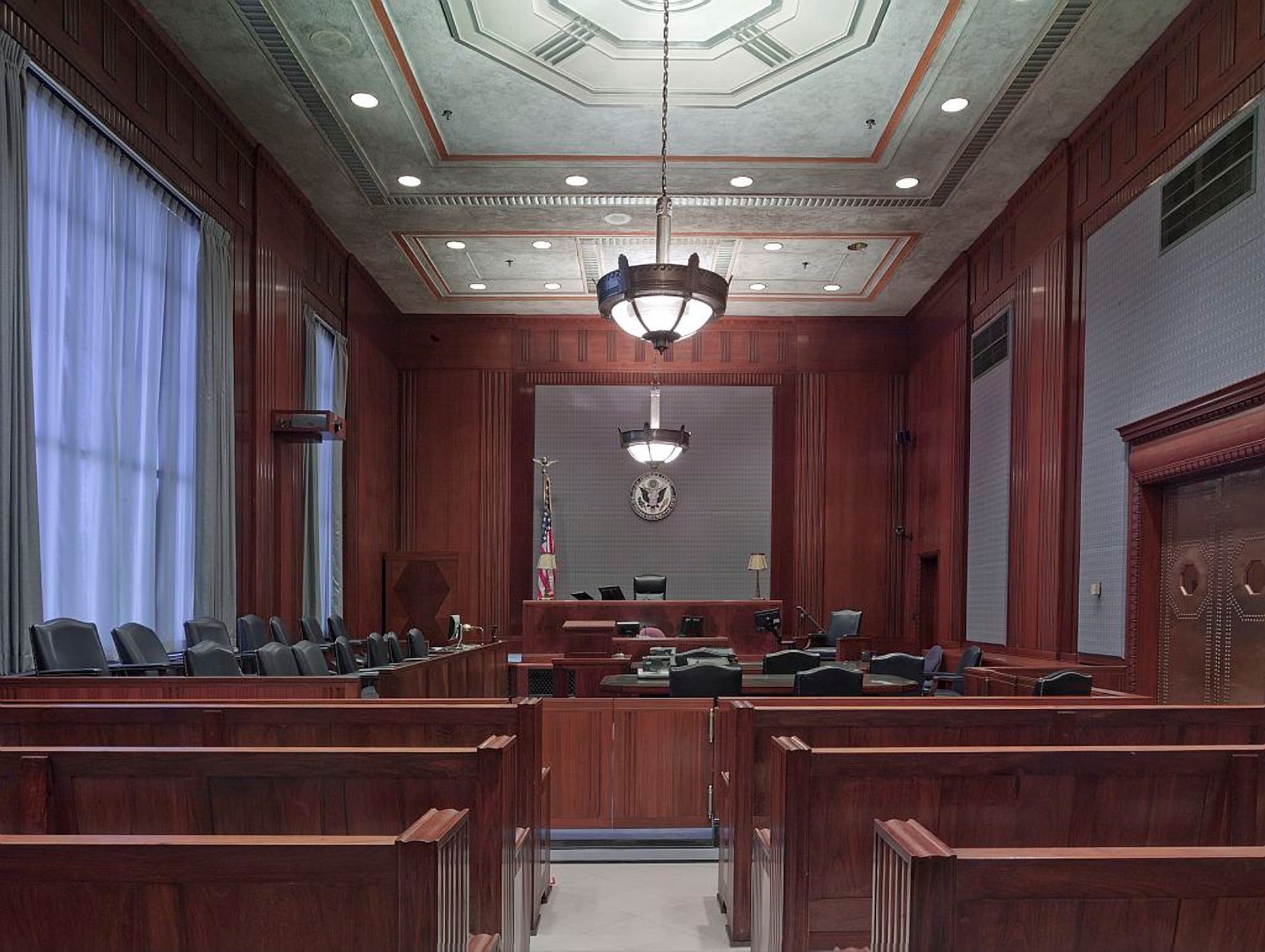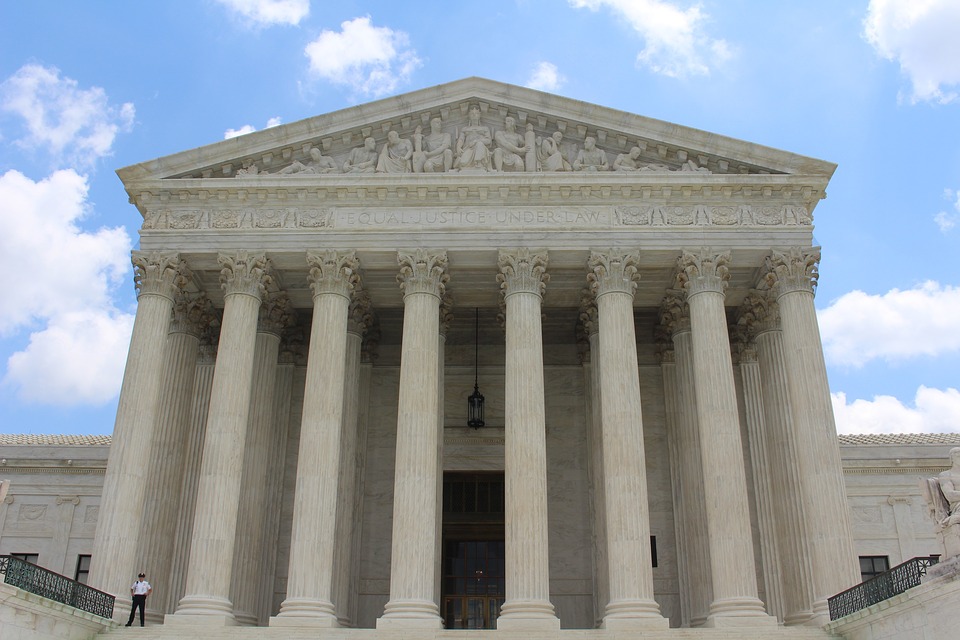Despite Legalizing Marijuana, Massachusetts Trafficking Laws Harshly Punish Unlicensed Distributors
Marijuana has been in the news this summer. Medical marijuana has been increasingly available in Massachusetts since it was approved, first by voters then by the legislature in 2012. There are currently 36 medical marijuana dispensaries regularly providing marijuana to medical cardholders. In the first half of 2018 well over 9,000 kilograms of marijuana has been dispensed to some 56,000 cardholders.
On July 1, in compliance with a ballot initiative approving the recreational use of marijuana, the state licensed the first grower for recreational marijuana, approving 10-20,000 square feet of grow space. That single licensee, by industry estimates, should be capable of producing, very conservatively, 30 grams per square foot per harvest, or 30-60 kilograms per harvest. Assuming 6 harvests per year, this licensee should be able to produce 180-360 kilograms of marijuana per year. There are 40 pending applications for cultivation licenses. In addition, recreational users are permitted to grow their own plants for personal consumption.
 Boston Lawyer Blog
Boston Lawyer Blog














